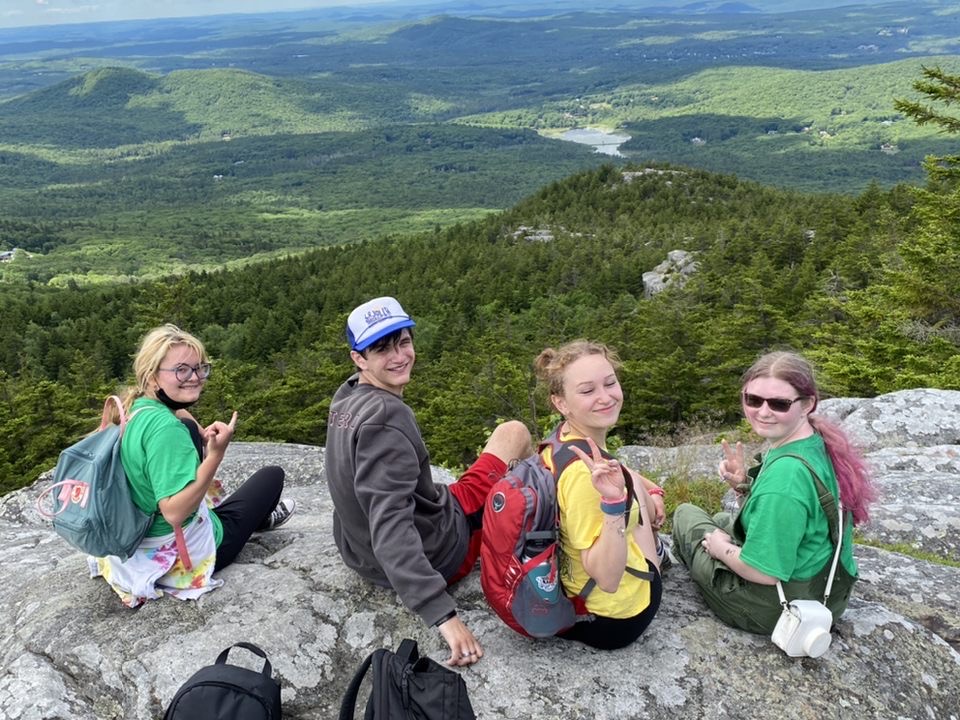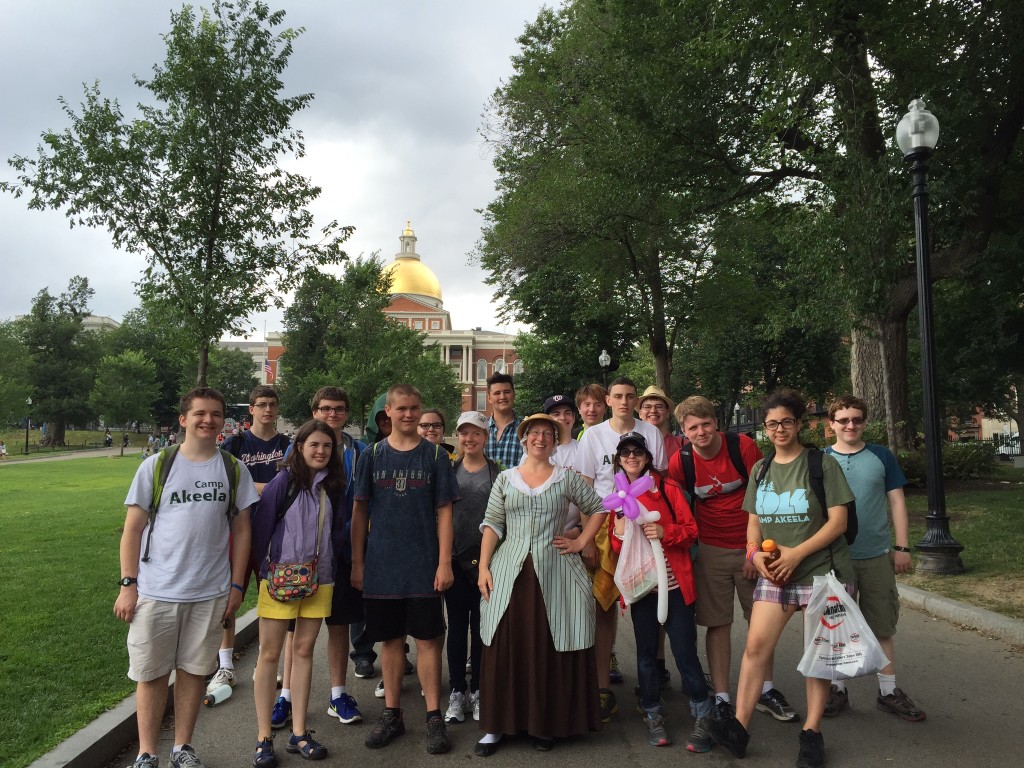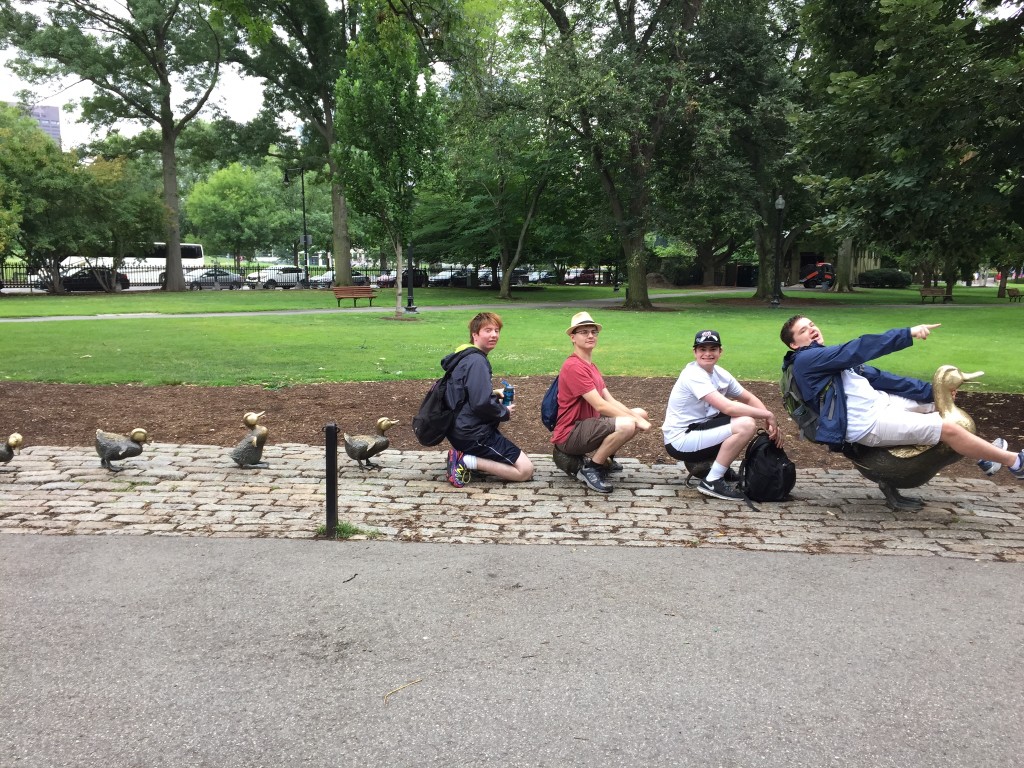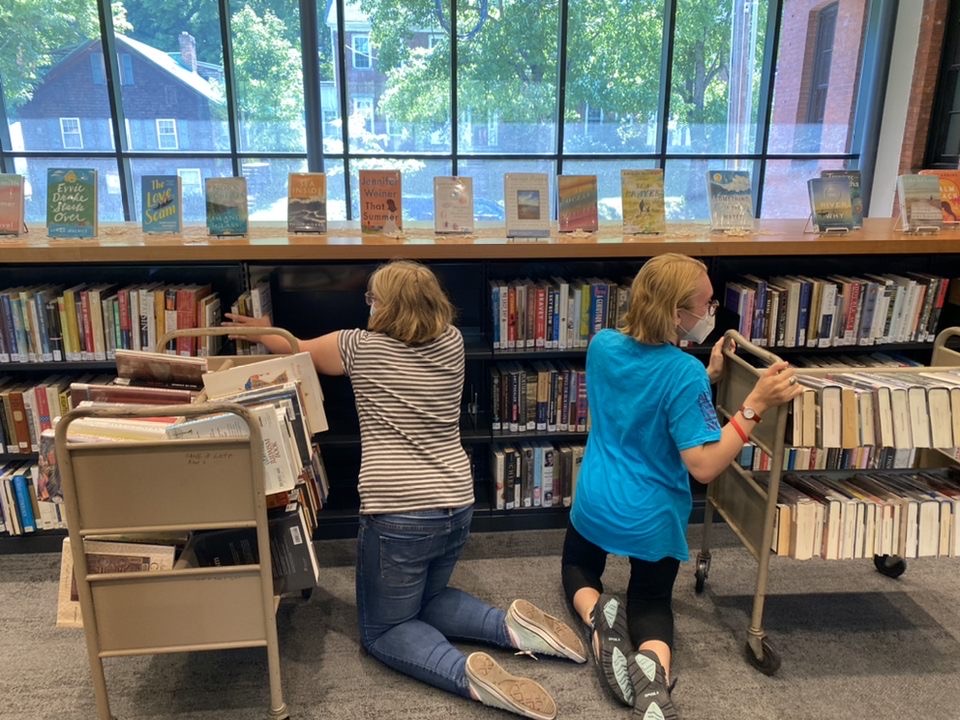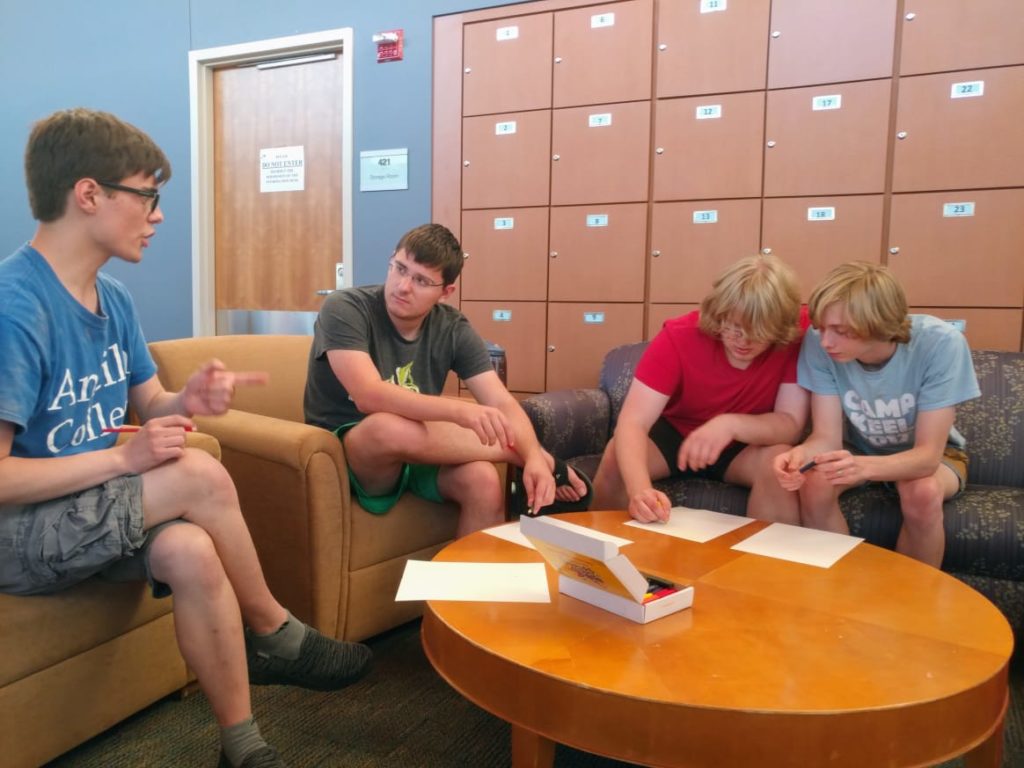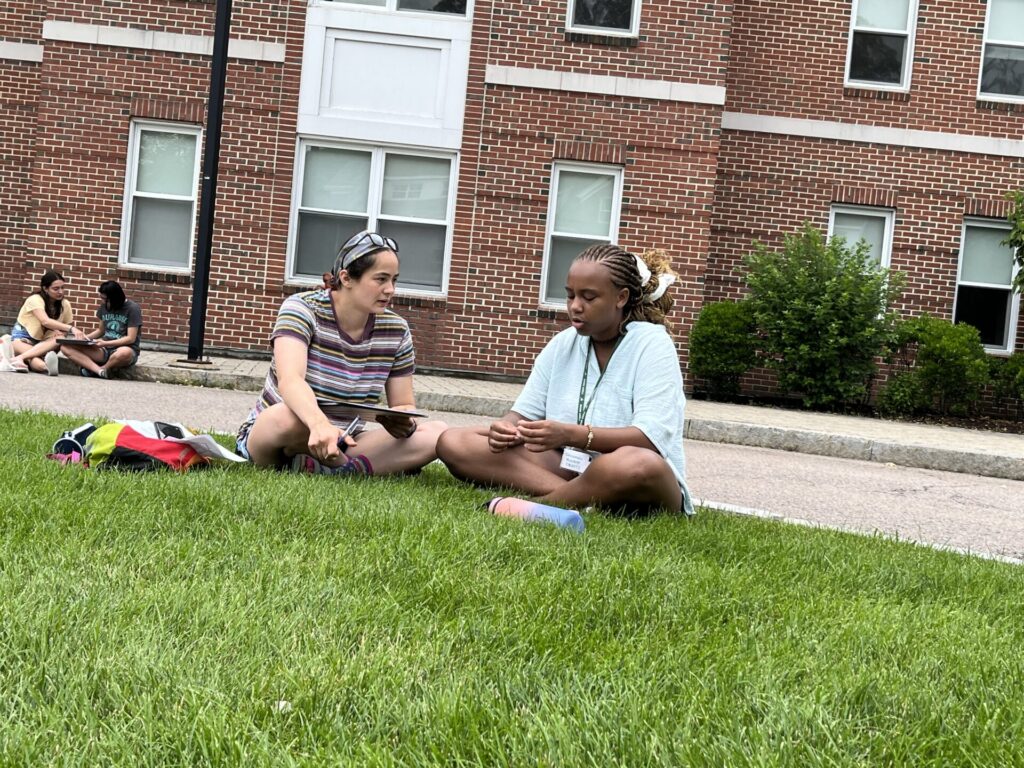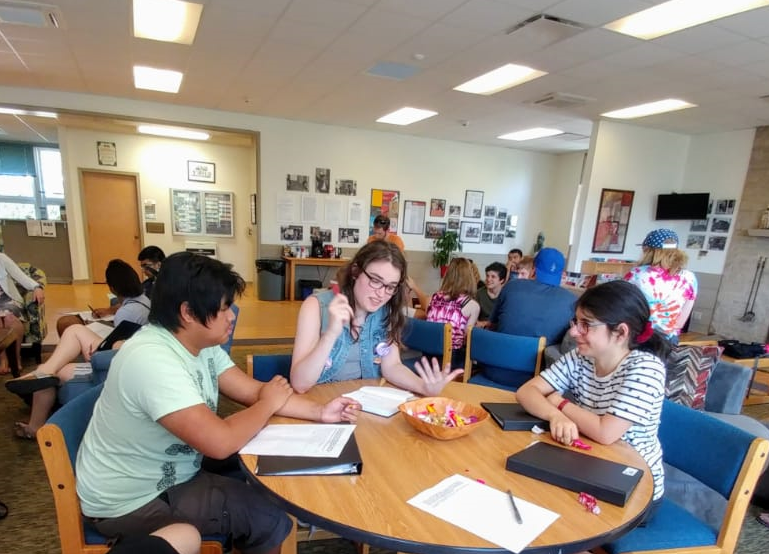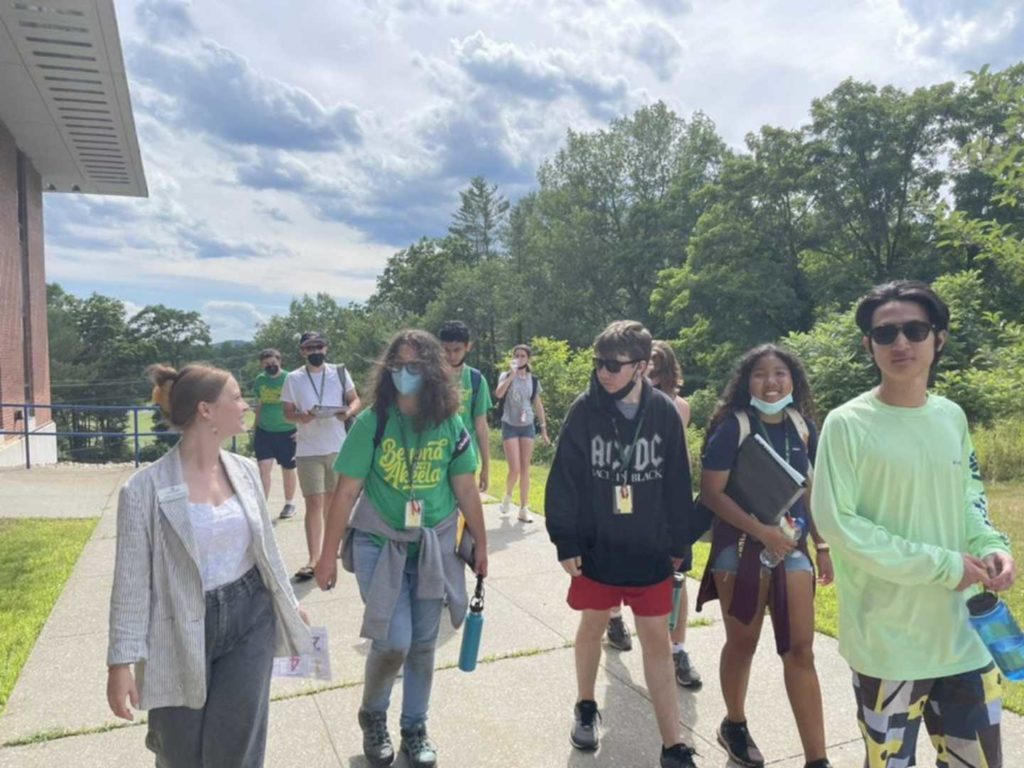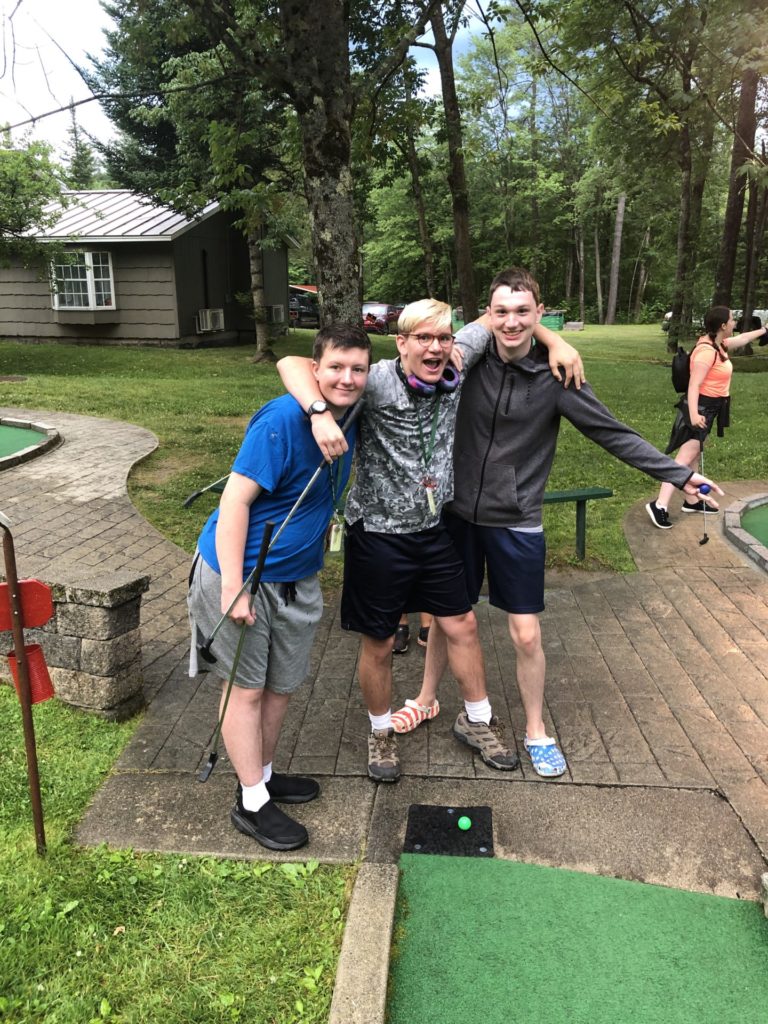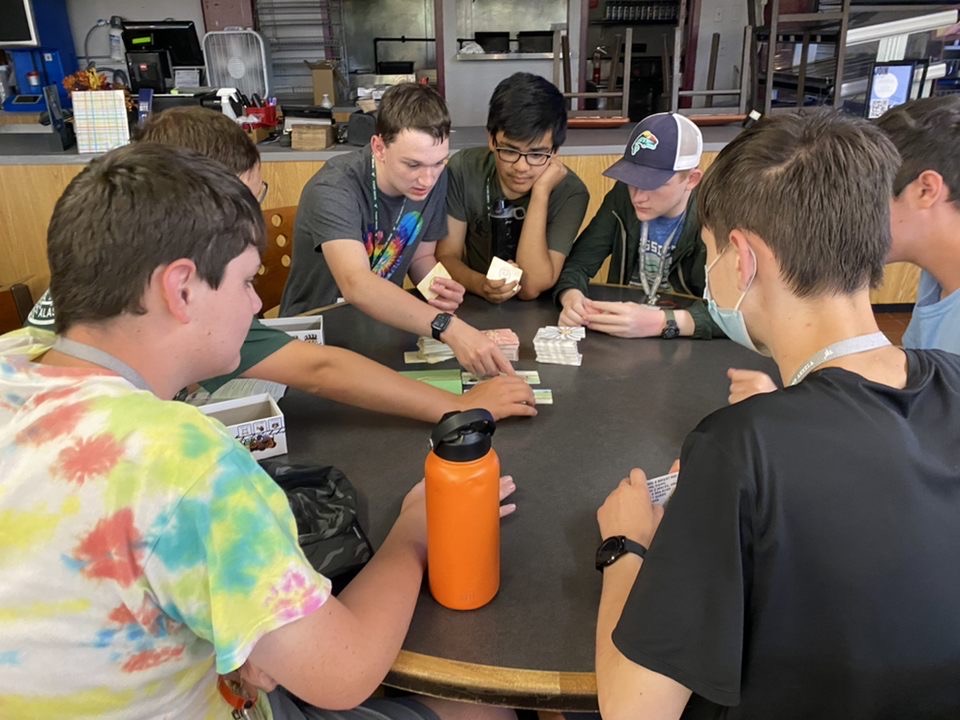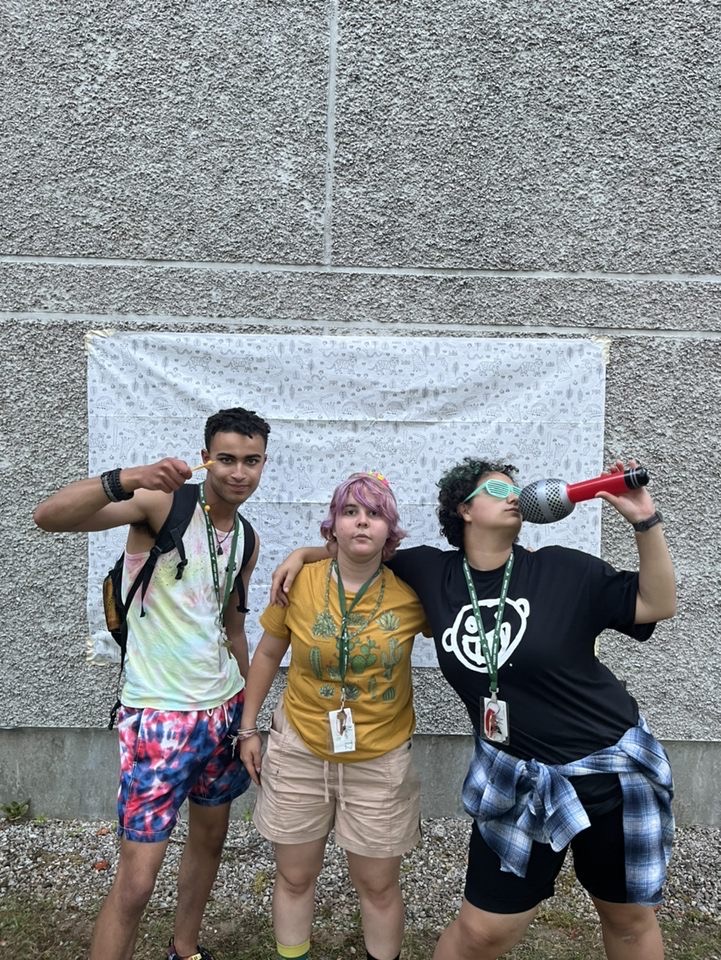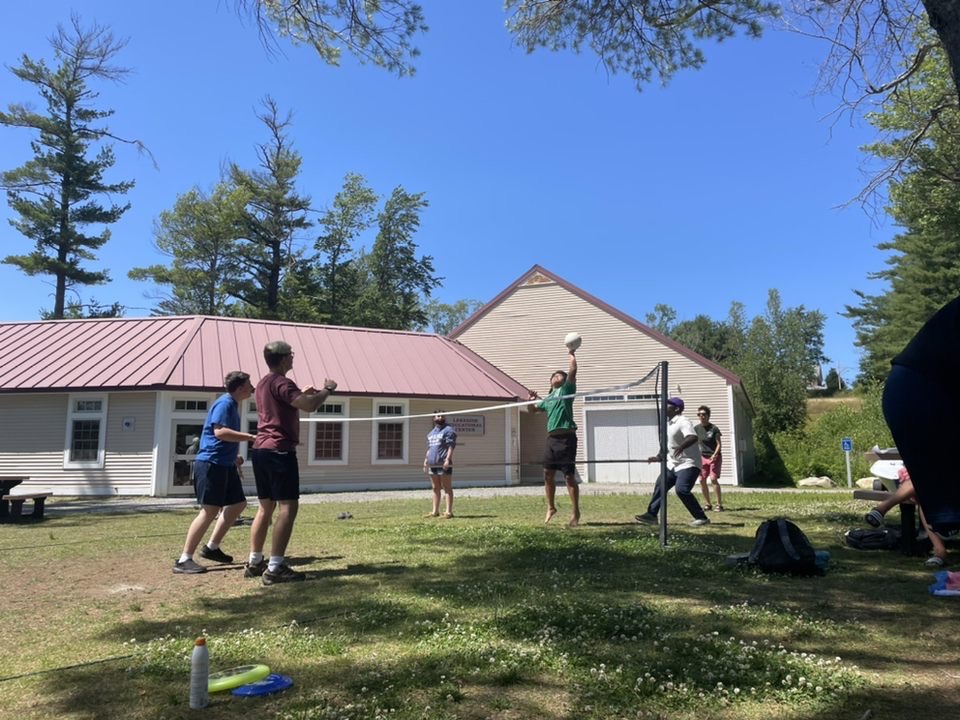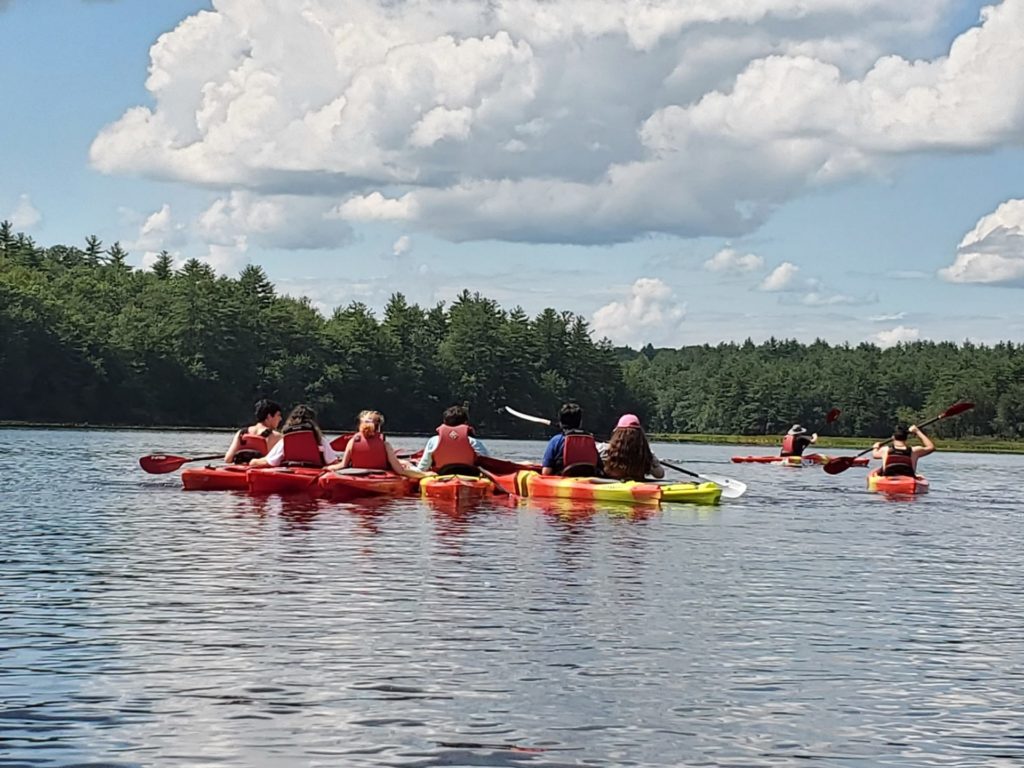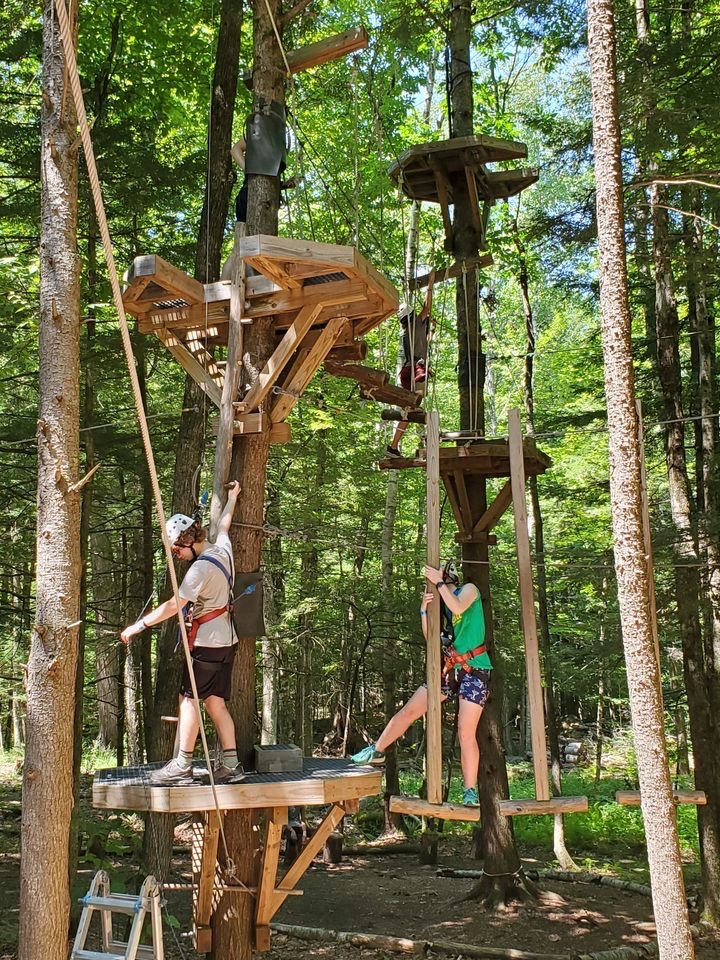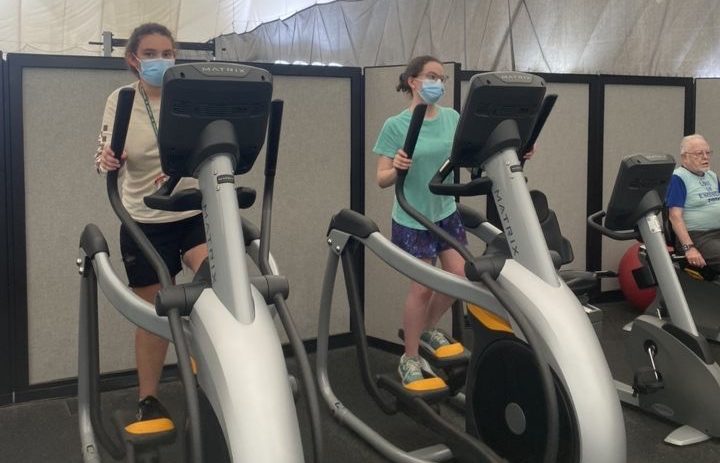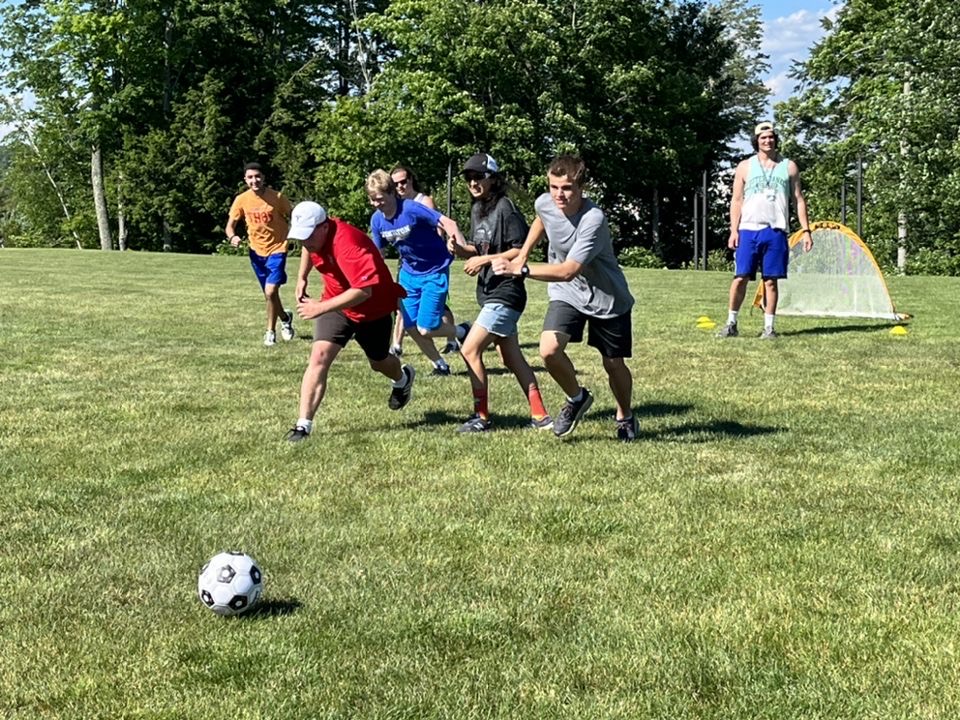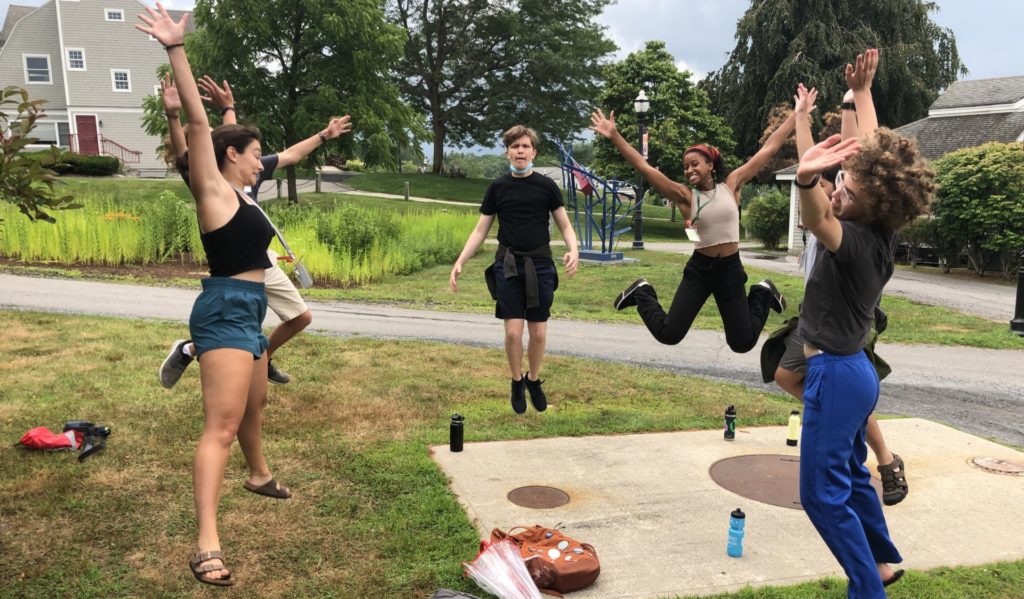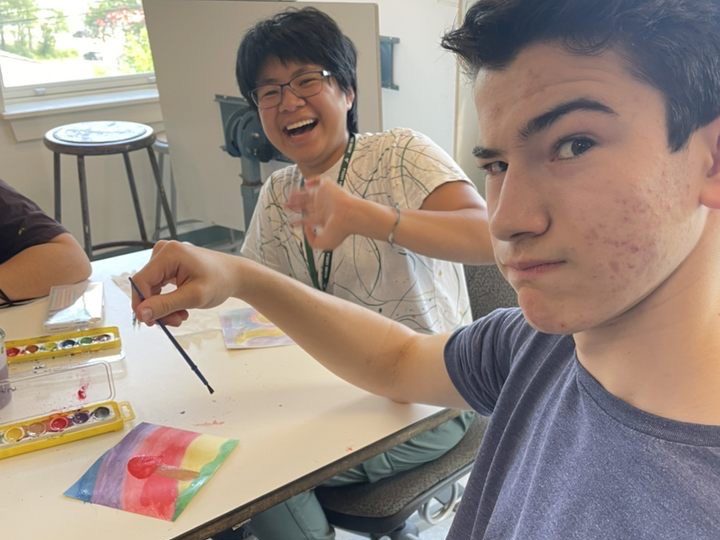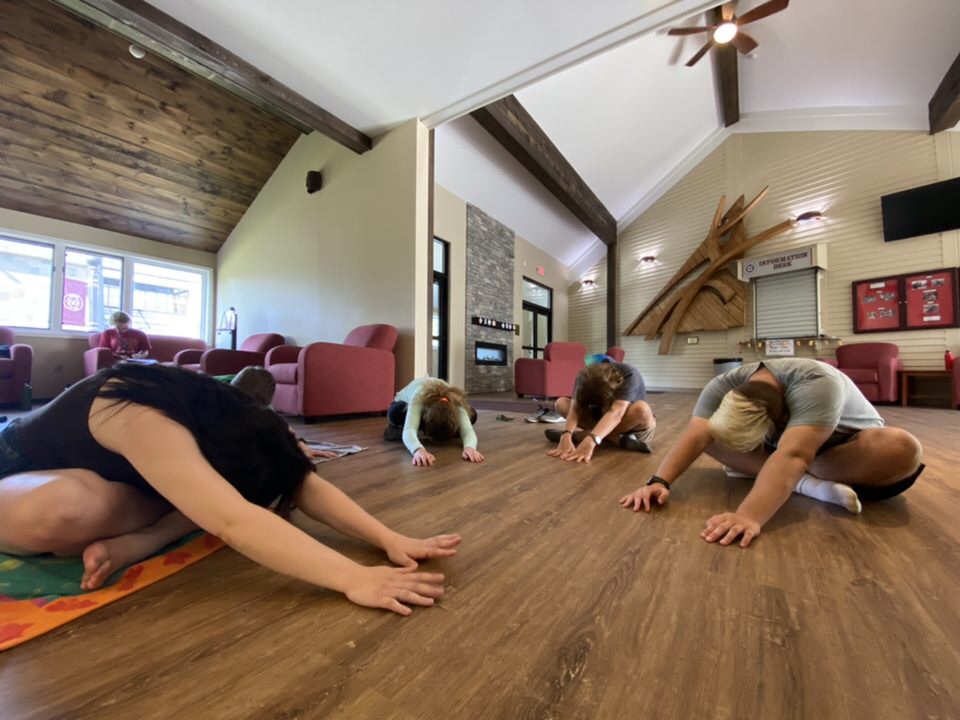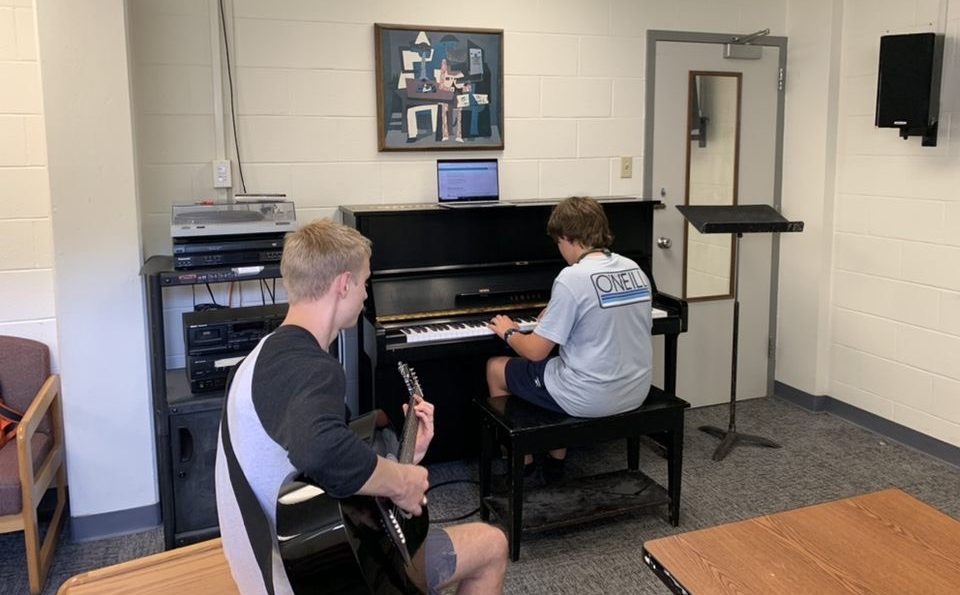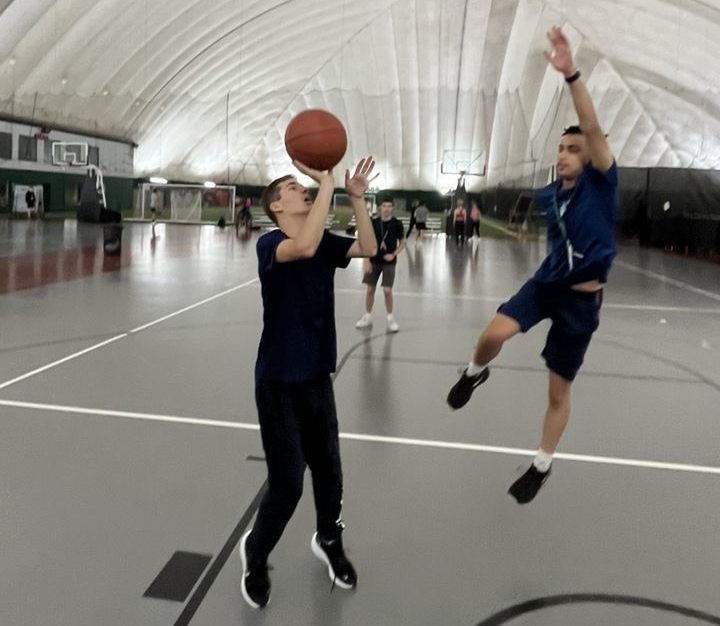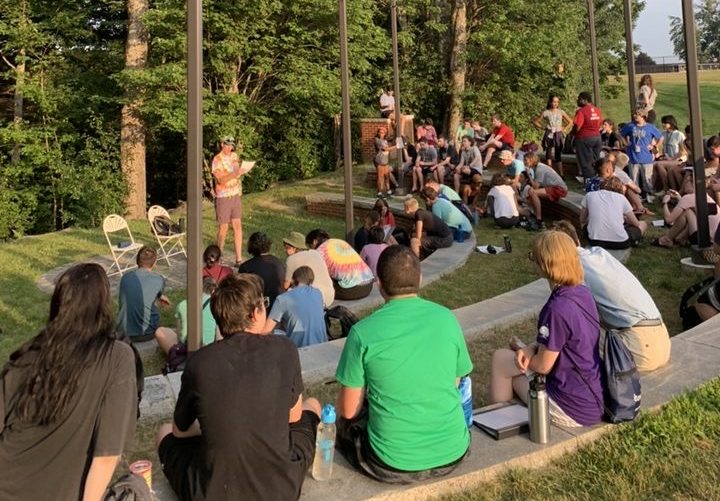Self-advocacy is a crucial element of post-secondary success. The ability to express our needs not only boosts confidence but also nurtures independence and effective problem-solving. One prominent framework for understanding self-advocacy is David Test’s model, which divides self-advocacy into three key components: knowledge of rights, knowledge of self, and effective communication. Let’s dive into why each of these facets matters and how we nurture them at camp.
Knowledge of Rights
Accessing learning accommodations requires neurodivergent students to understand what type of accommodations they benefit from. Confidence in understanding academic rights in and out of the classroom makes it easier to advocate for yourself when your requested accommodations are not met appropriately.
How we cultivate this at camp:
We offer sessions with Curry College’s faculty on accessing college accommodations and knowing your rights. These sessions help teens proactively create a structured plan to access accommodations in their post-secondary journeys.
Knowledge of Self
An important part of building and maintaining relationships is understanding physical and emotional boundaries with different people we interact with. Neurodivergent teens are faced with many new relationships to navigate in college, with peers and faculty/staff. Recognizing personal preferences and boundaries, such as requiring a small night lamp to sleep or quiet time in the dormitory during certain hours, empowers teens to advocate proactively.
How we cultivate this at camp:
We provide a form before camp on living preferences so campers can start reflecting on their living preferences. During camp, we offer real-time feedback and check-ins to help campers express their needs. For example, if we notice a camper feeling overwhelmed during a long drive, we’ll ask, “Do you often feel like that on lengthy trips?” This supports our teens in identifying situations that may feel overwhelming for them and planning what they need to feel comfortable.
Communication
Communication as it relates to self-advocacy can be broken down into two components. First, teens must identify the right person to approach with their concern or question. Second, they need to clearly and appropriately articulate the solution or accommodation required.
How we cultivate this at camp:
We guide our teens in identifying the people to seek support from and provide opportunities for them to practice communicating their needs. Suppose a teen, who happens to be a vegetarian, notices the dining hall does not have a vegetarian protein option they usually prefer. In such a scenario, we help them brainstorm food alternatives they’d enjoy and identify the dining staff member to approach. We encourage them to take the initiative in communicating their needs with the dining staff, giving them the practice they need to become confident self-advocates.
Hear what our teens from this summer have to say:
“I feel more confident and responsible.”
“I learned what roommate situation I would like to be in.”
“I learned what I needed to prepare for my college classes.”
Self-advocacy is more than just a skill; it’s a confidence builder and a pathway to independence. It also requires a lot of practice to master. At Beyond Akeela we aim to equip neurodivergent teens with the skills they need to thrive in their post-secondary lives.



